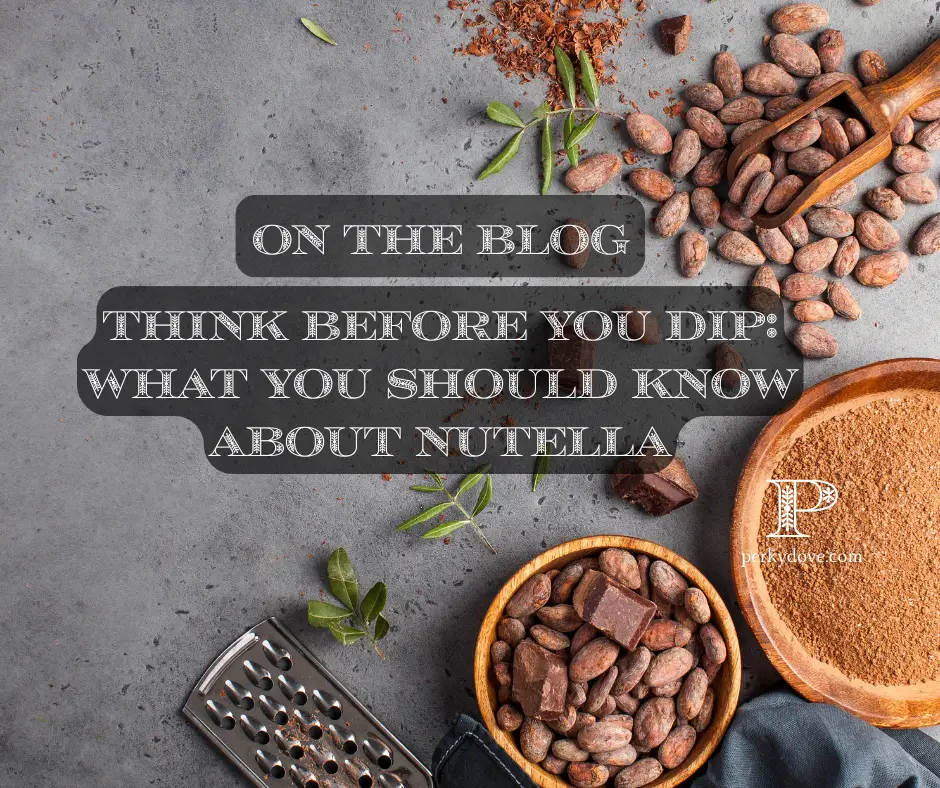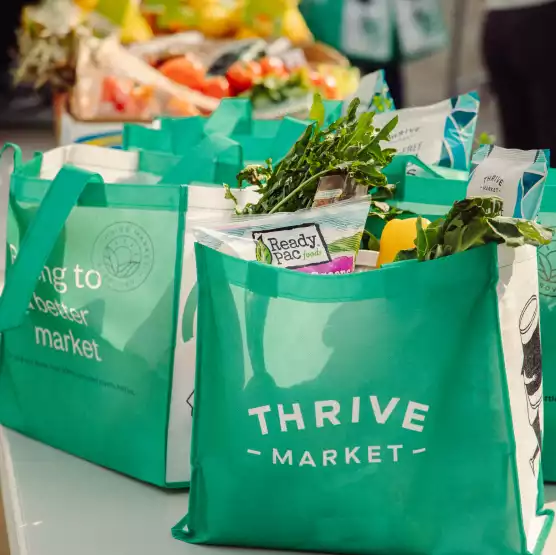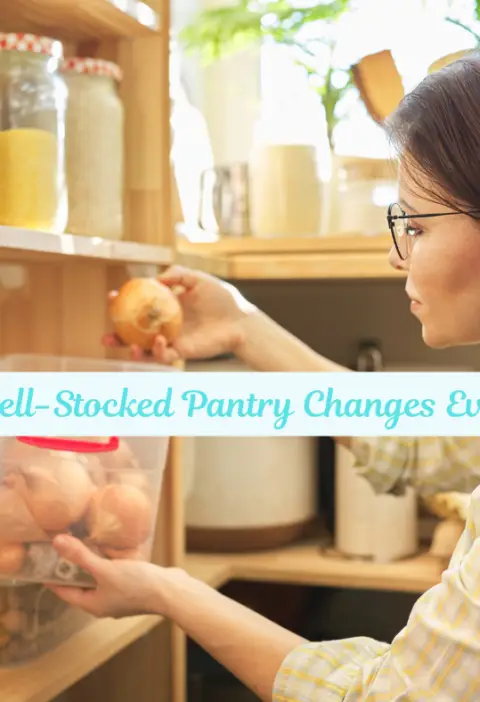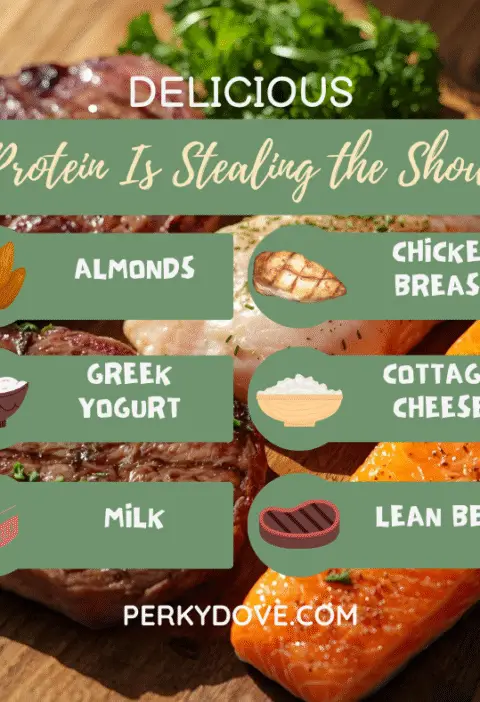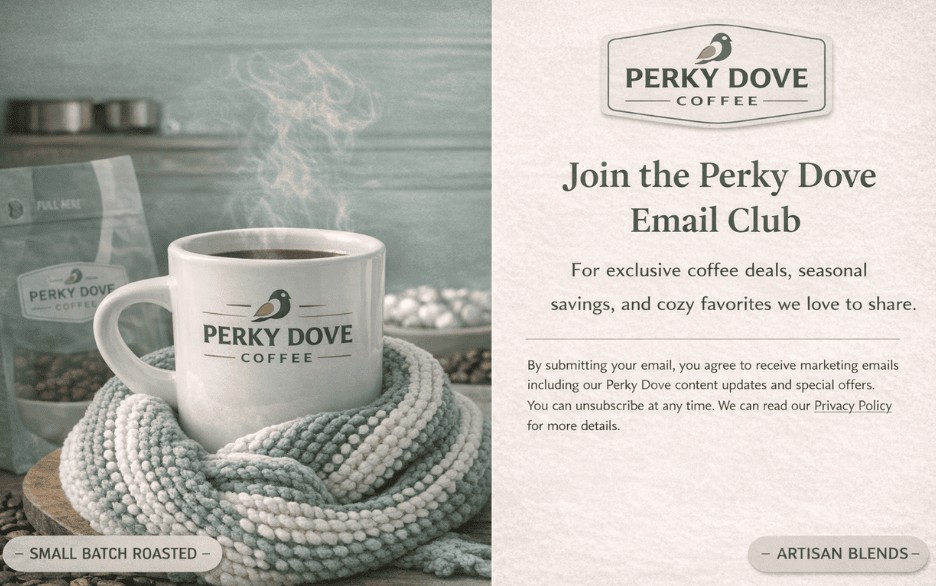Think Before You Dip: What You Should Know About Nutella
I used to love Nutella.
There was just something comforting about that creamy chocolate-hazelnut spread on toast or fruit. It felt like a treat that walked the line between indulgent and wholesome. But the more I started reading labels, the more I realized—this sweet spread wasn’t doing my body any favors.
Nutella has built a reputation as a family-friendly pantry staple. The commercials show happy kids enjoying it at breakfast, with warm lighting and smiling moms serving it up like it’s part of a balanced meal. While it might sound innocent with words like ‘hazelnut’ and ‘cocoa’ on the label, Nutella is more sugar and oil than anything else.
A Look Inside the Jar
Let’s take a closer look at the ingredients:
-
Sugar – It’s the #1 ingredient. Each 2-tablespoon serving contains 21 grams—more than half the recommended daily limit for kids according to the American Heart Association.
-
Palm oil – Often refined and processed, and while “sustainable” palm oil sounds good, concerns remain about its health impacts and links to inflammation and oxidative stress.
-
Skim milk powder – A shelf-stable dairy product that can contain oxidized cholesterol, which has been associated with artery damage in animal studies.
-
Soy lecithin & vanillin – Highly processed additives; soy lecithin may contain traces of hexane (a chemical solvent), and vanillin is synthetic flavoring made in labs.
I’m not a food snob—I love a good treat now and then. But I don’t like being tricked into thinking something is wholesome when it’s basically dessert in disguise.
Ultimate Self-Care Journal for Women and Men - 10 Min/Day Gratitude, Mindfulness, Productivity, Stress & Anxiety Relief with Habit Tracker & Weekly Coloring Pages - Prioritize Mental Health On...
Why It Matters
This isn’t about perfection or guilt—it’s about awareness.
Nutella is marketed as part of a “balanced breakfast,” but it’s delivering a sugar rush, not real nourishment.
Regular consumption of high-sugar, ultra-processed foods has been linked to:
-
Increased risk of obesity and type 2 diabetes (Harvard School of Public Health)
-
Cognitive impairment and mood swings in children and adults (Frontiers in Neuroscience)
-
Addiction-like eating behavior, particularly in ultra-processed foods (National Institutes of Health)
As someone who’s passionate about clean eating and food safety, I care about what’s quietly being added to our plates—and how it affects our long-term health.
A Sweet Alternative: My Homemade Chocolate Hazelnut Spread
No need to give up the flavor you love. Here’s a clean, easy recipe that’s free from refined sugars, palm oil, and artificial ingredients—and you can make it in less than 15 minutes.
💭 Final Thoughts
Nutella might taste like nostalgia, but it’s built on sugar and processed oils—not real food.
That doesn’t mean you can’t enjoy a treat. It just means choosing ones that love you back.
No guilt, just awareness. That’s the heart of clean eating for me.
💡 Want More Clean Pantry Swaps?
Unlocking Your Gut's Potential: A Practical Guide to Healing, Reducing Stress, Enhancing Sleep, and Embracing a Happier, Healthier You!
